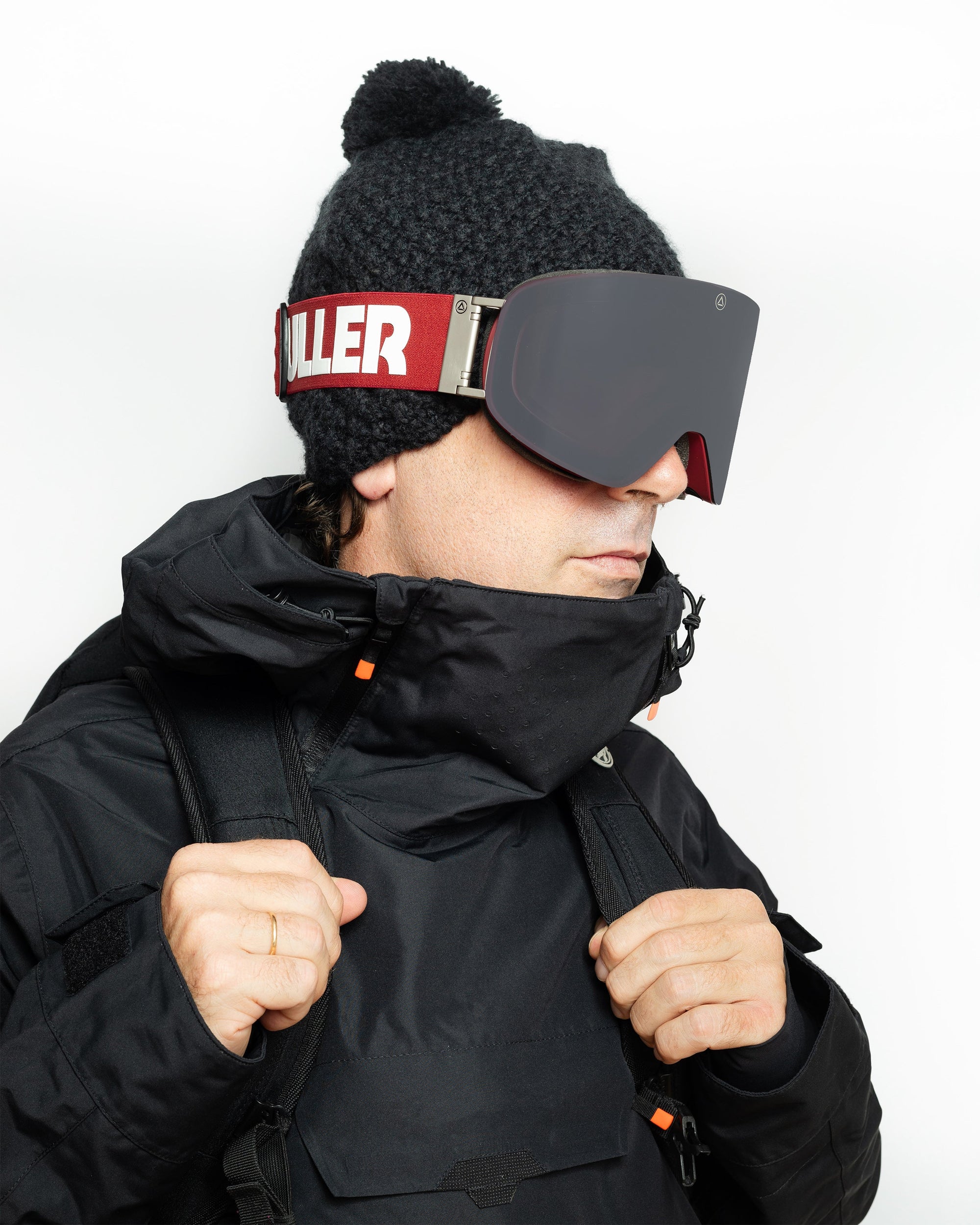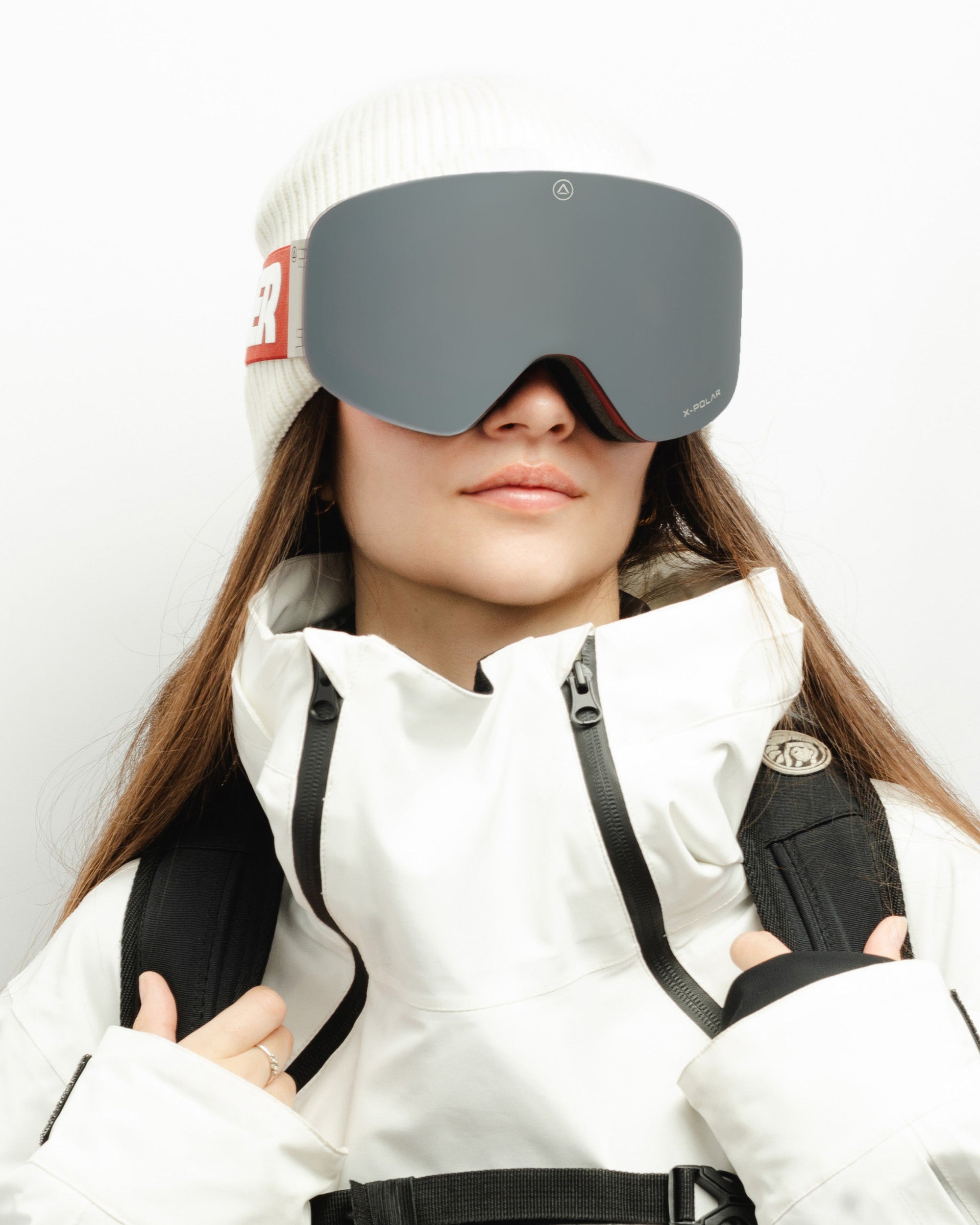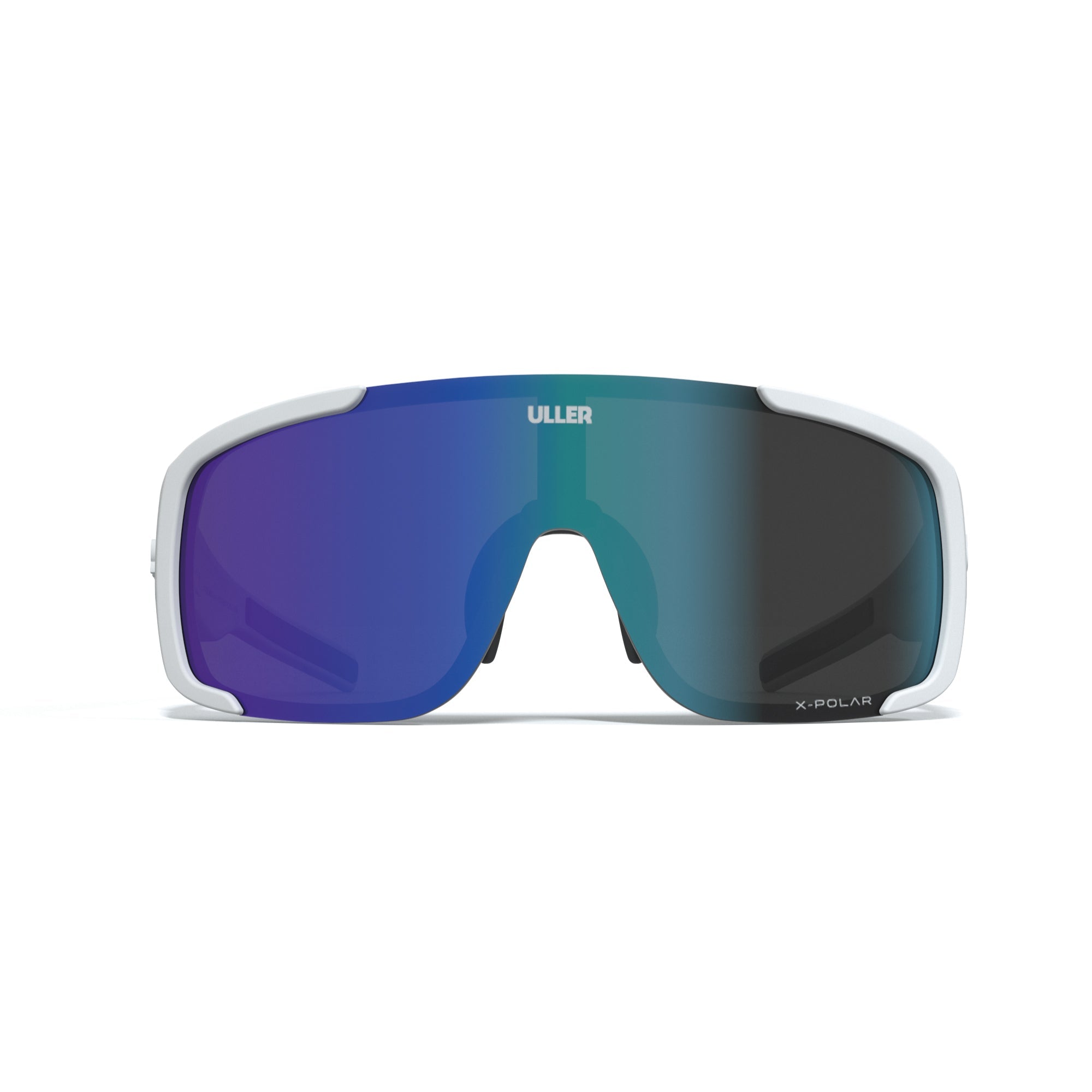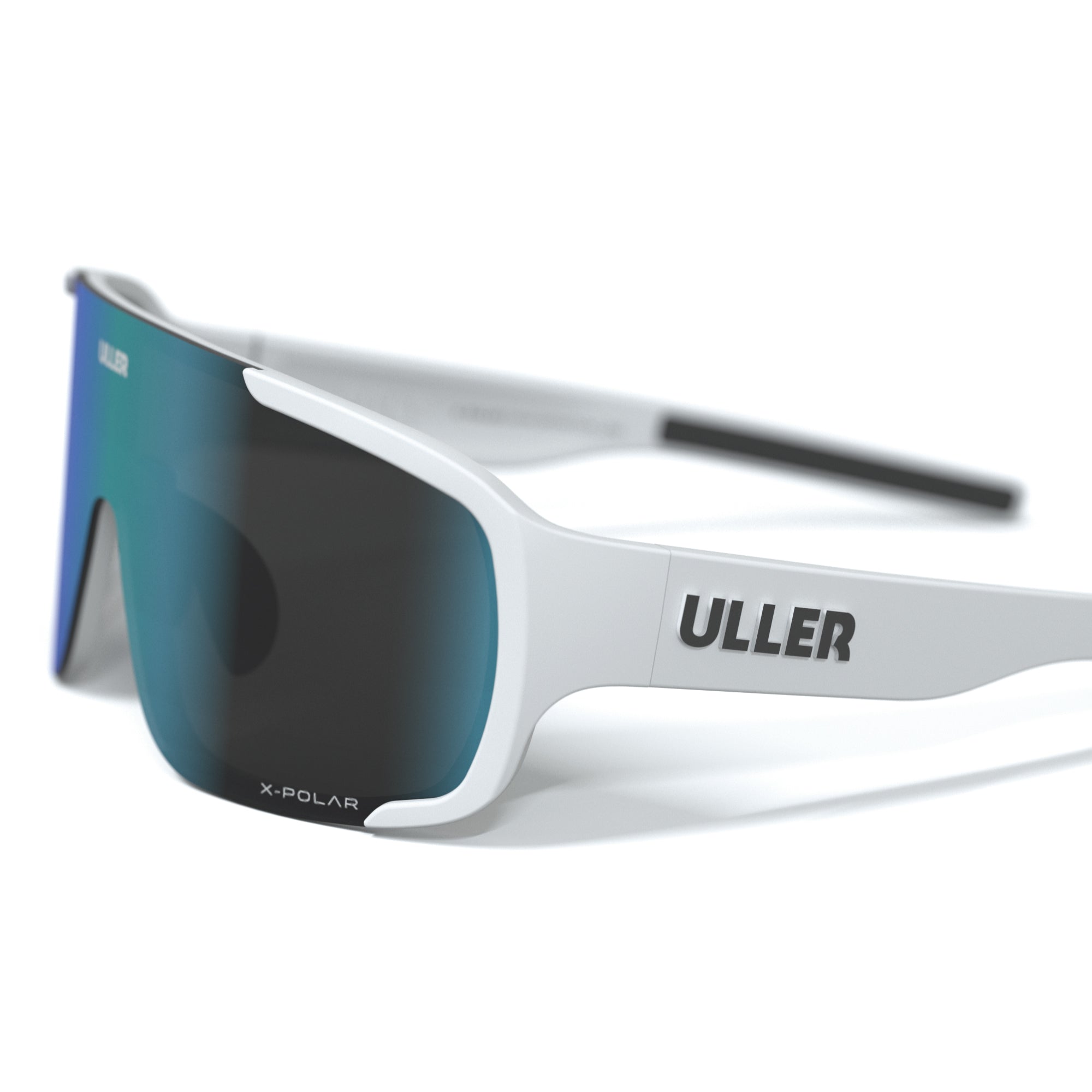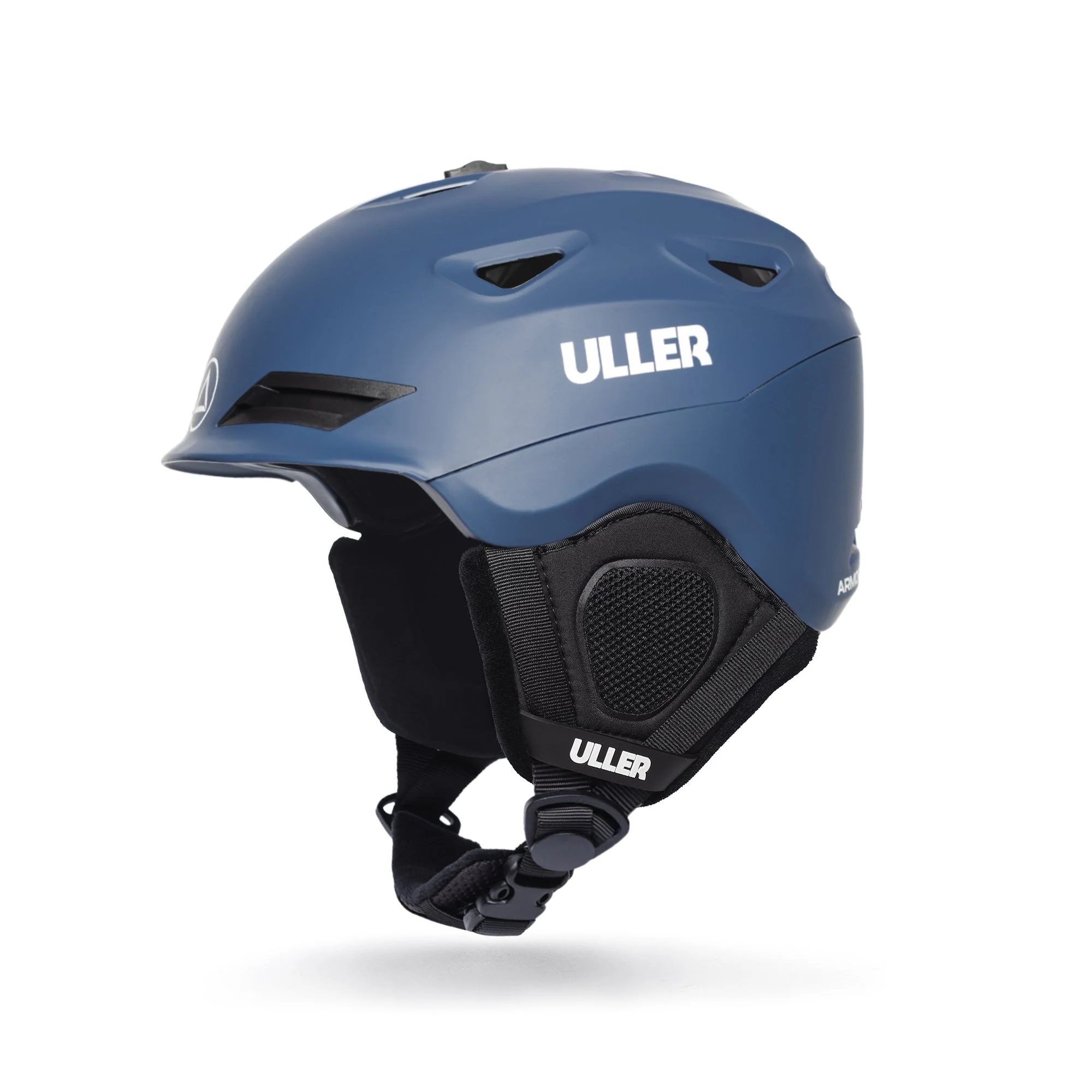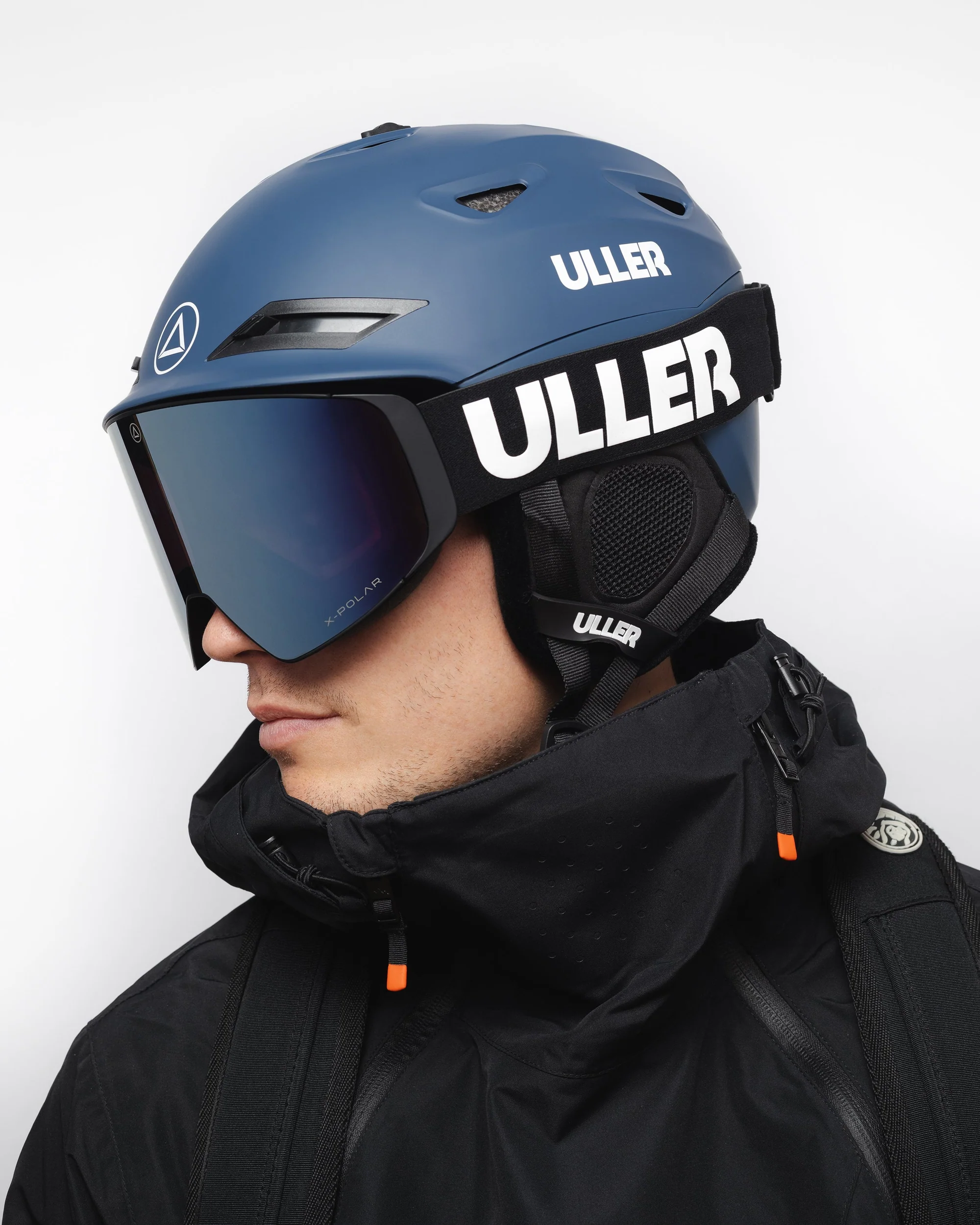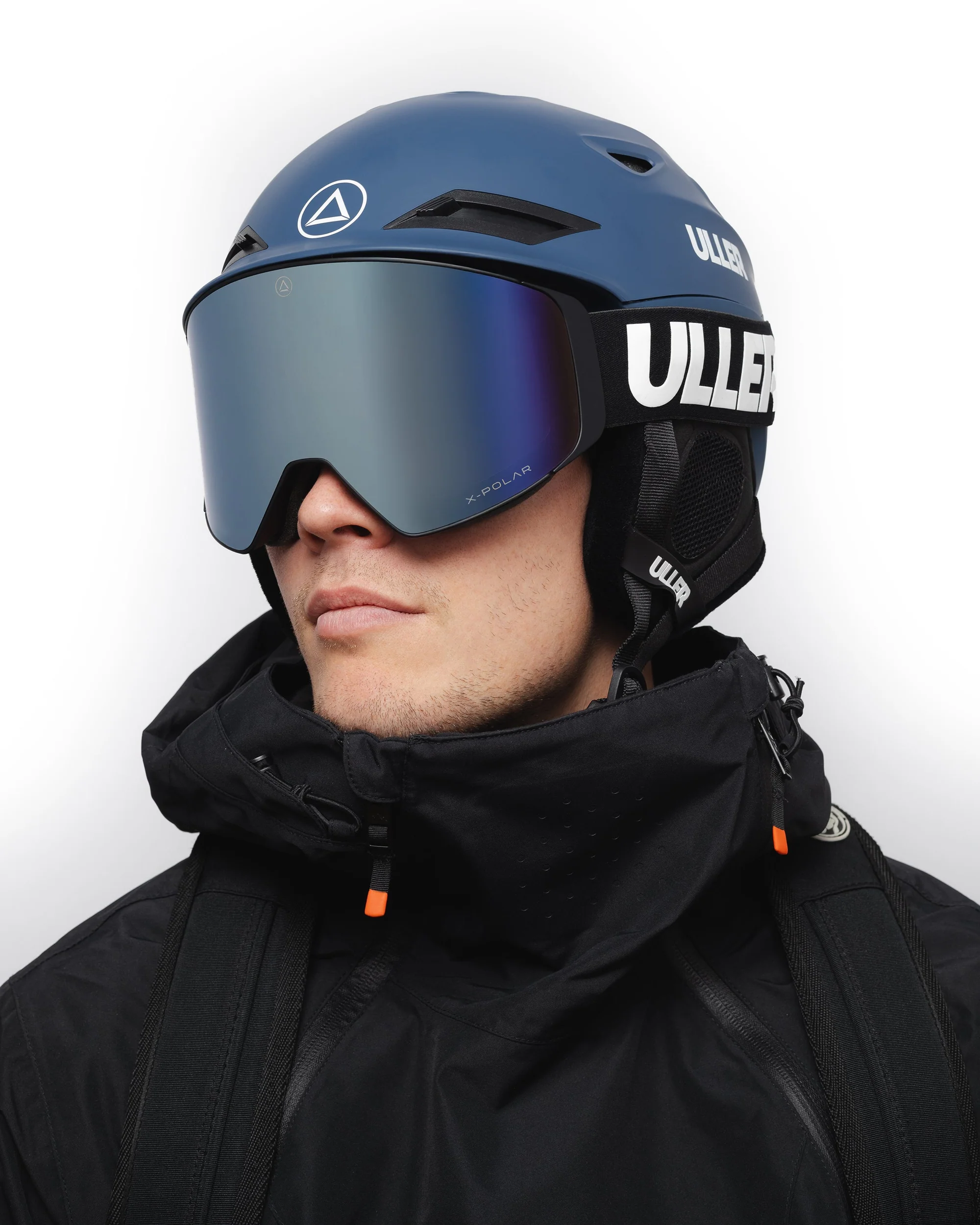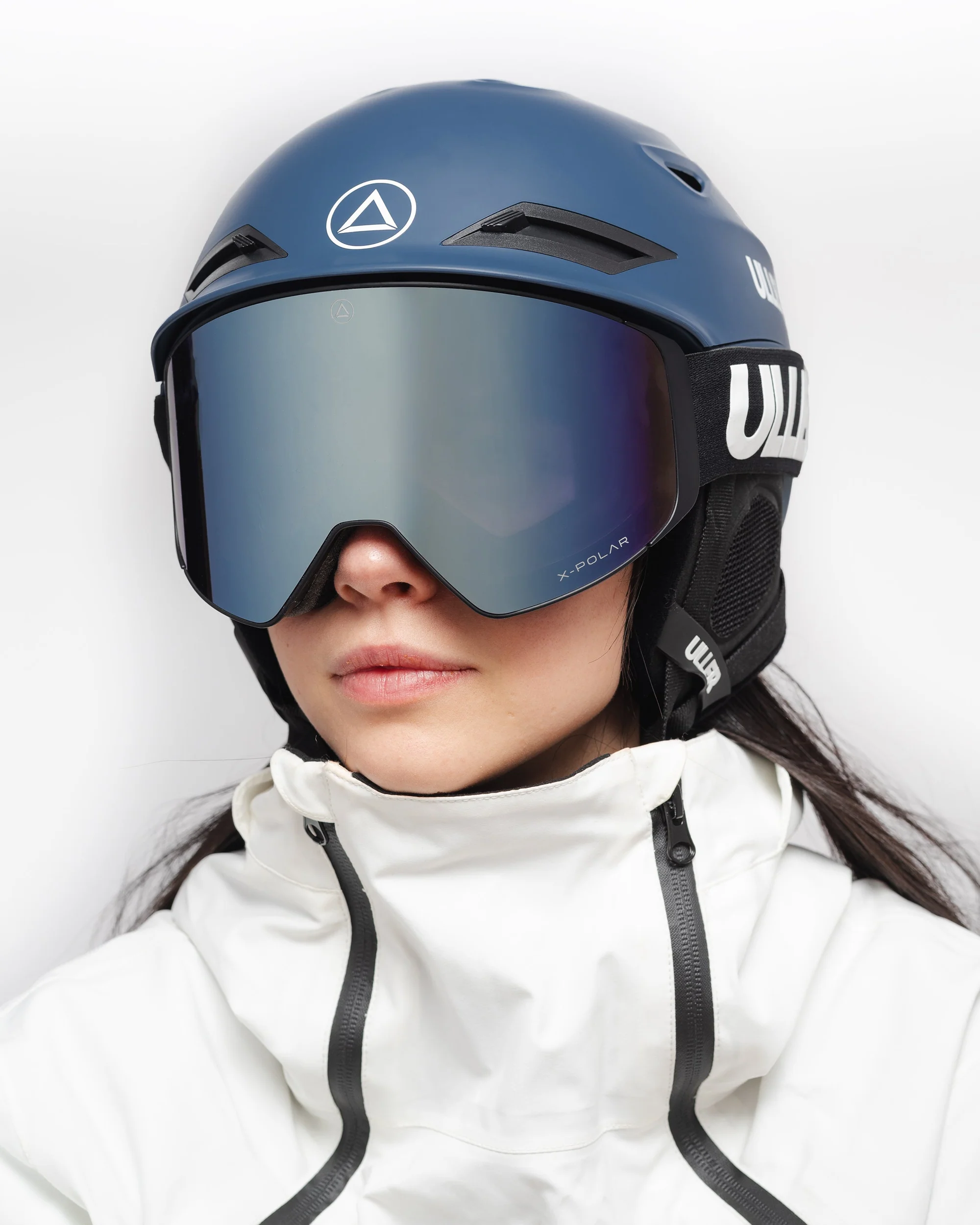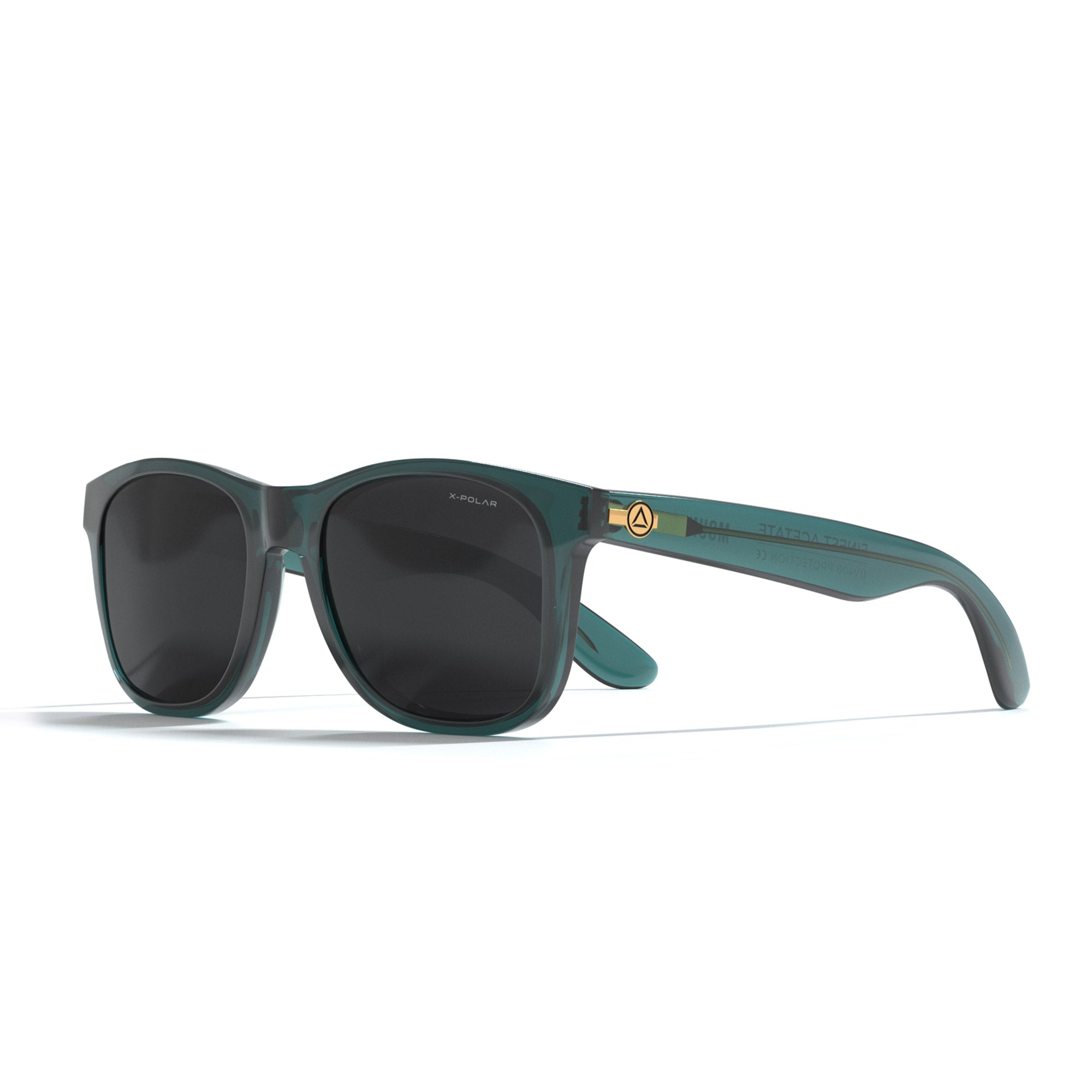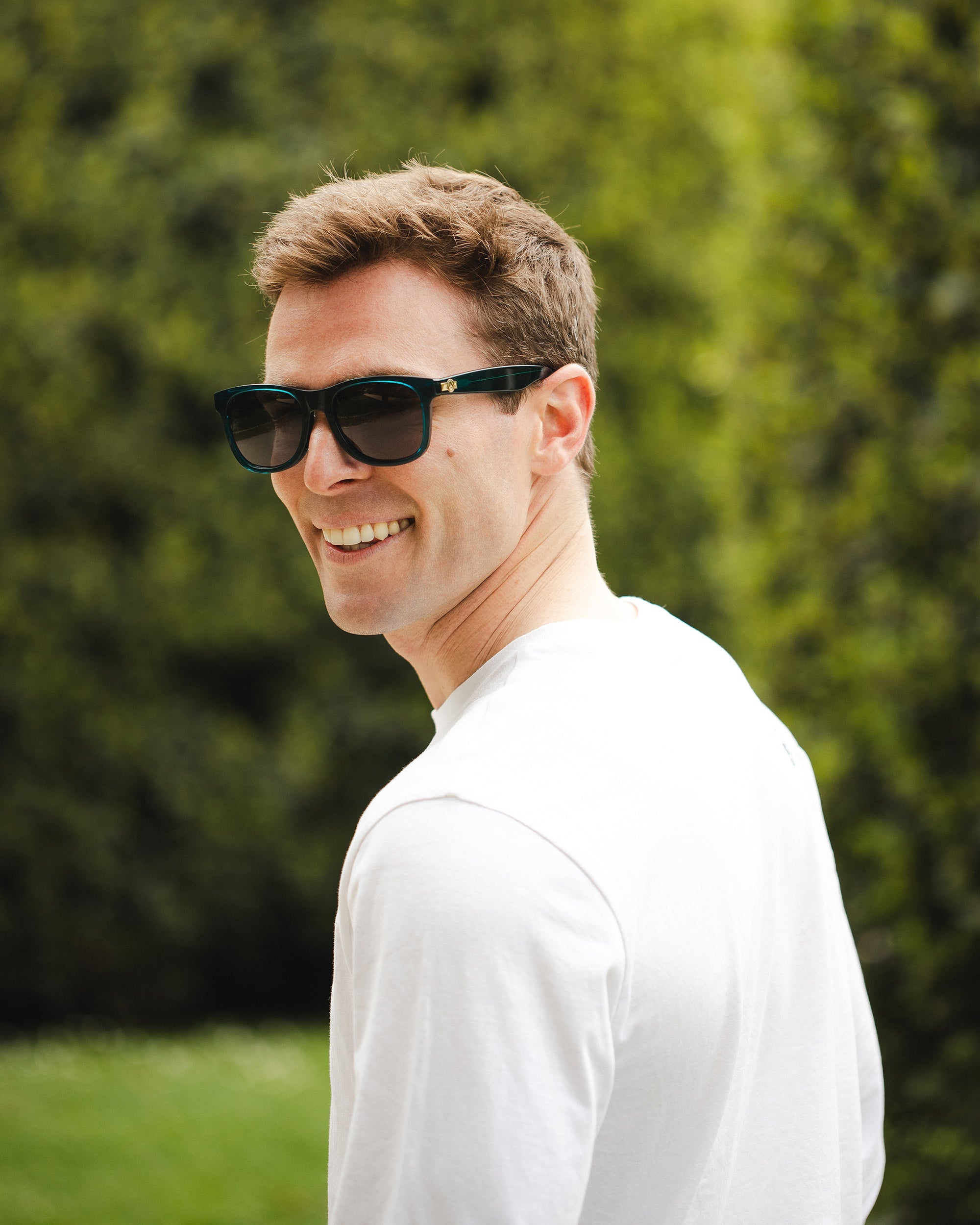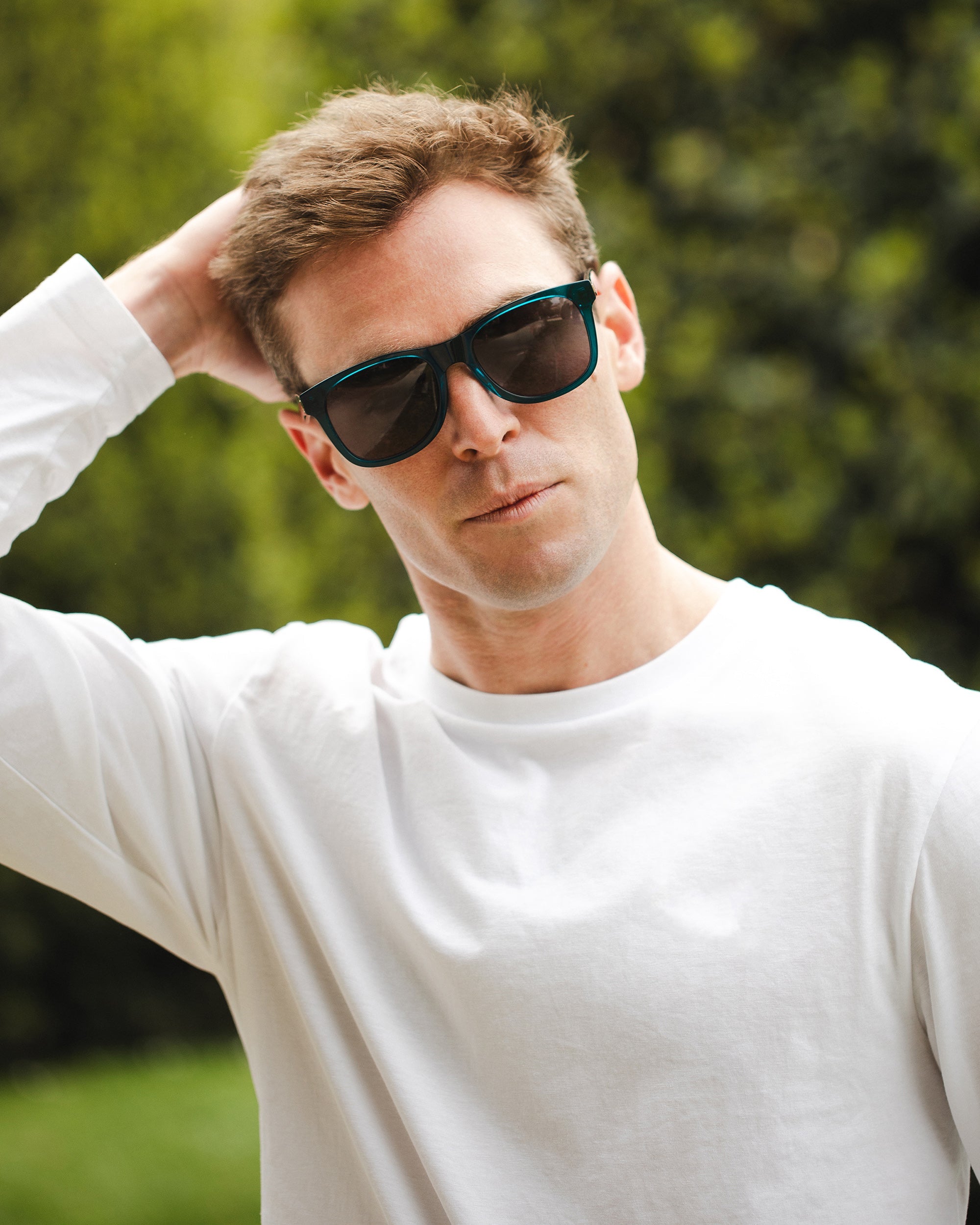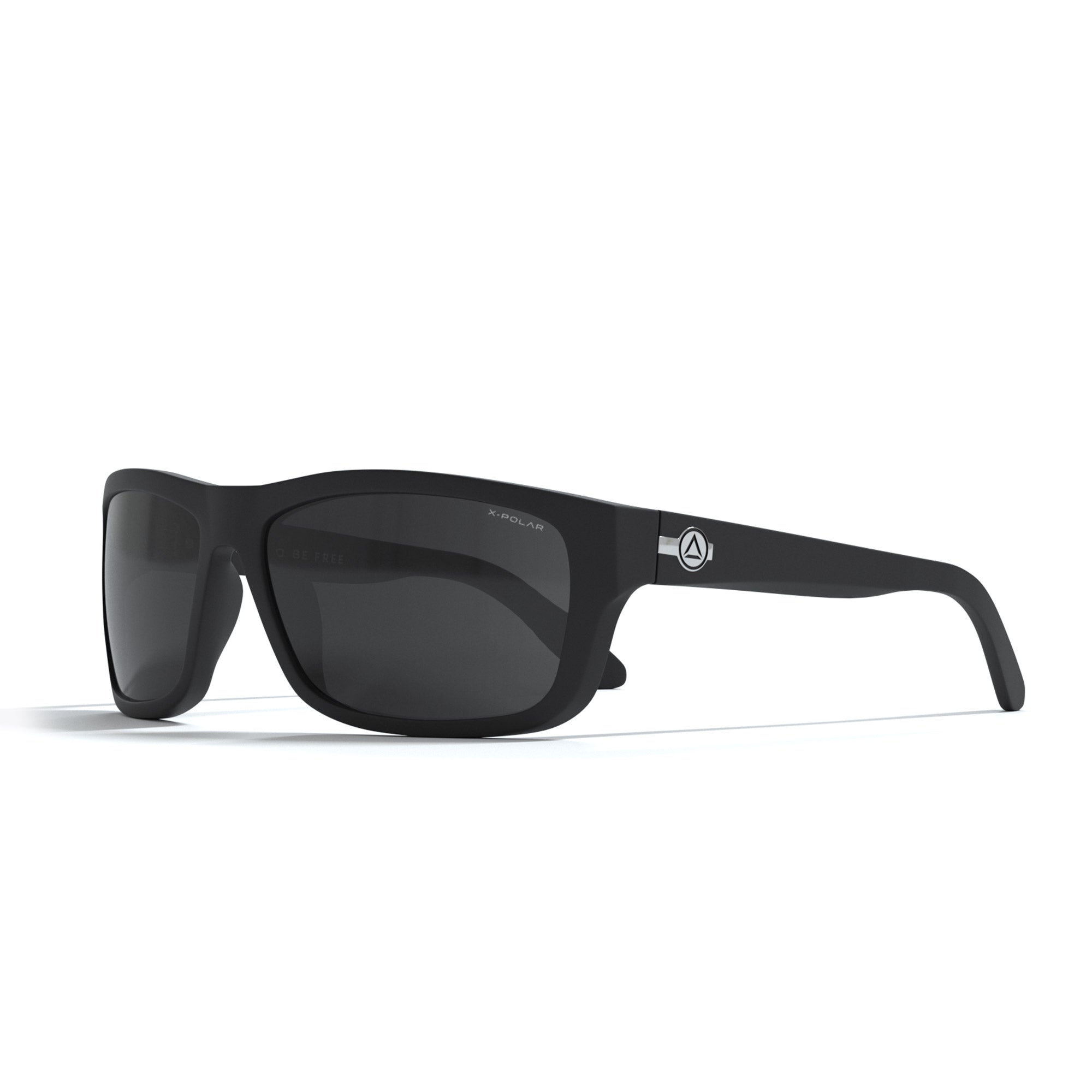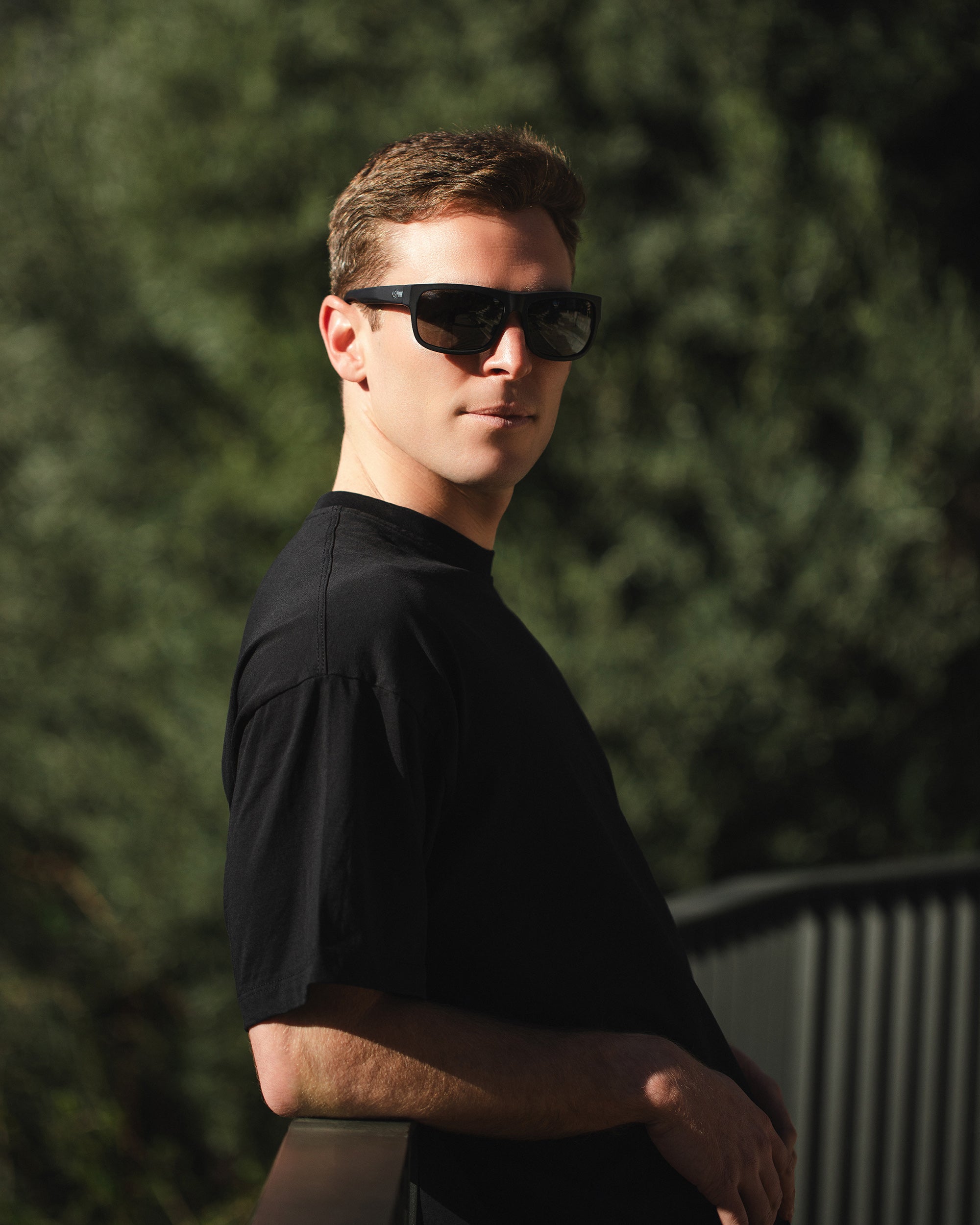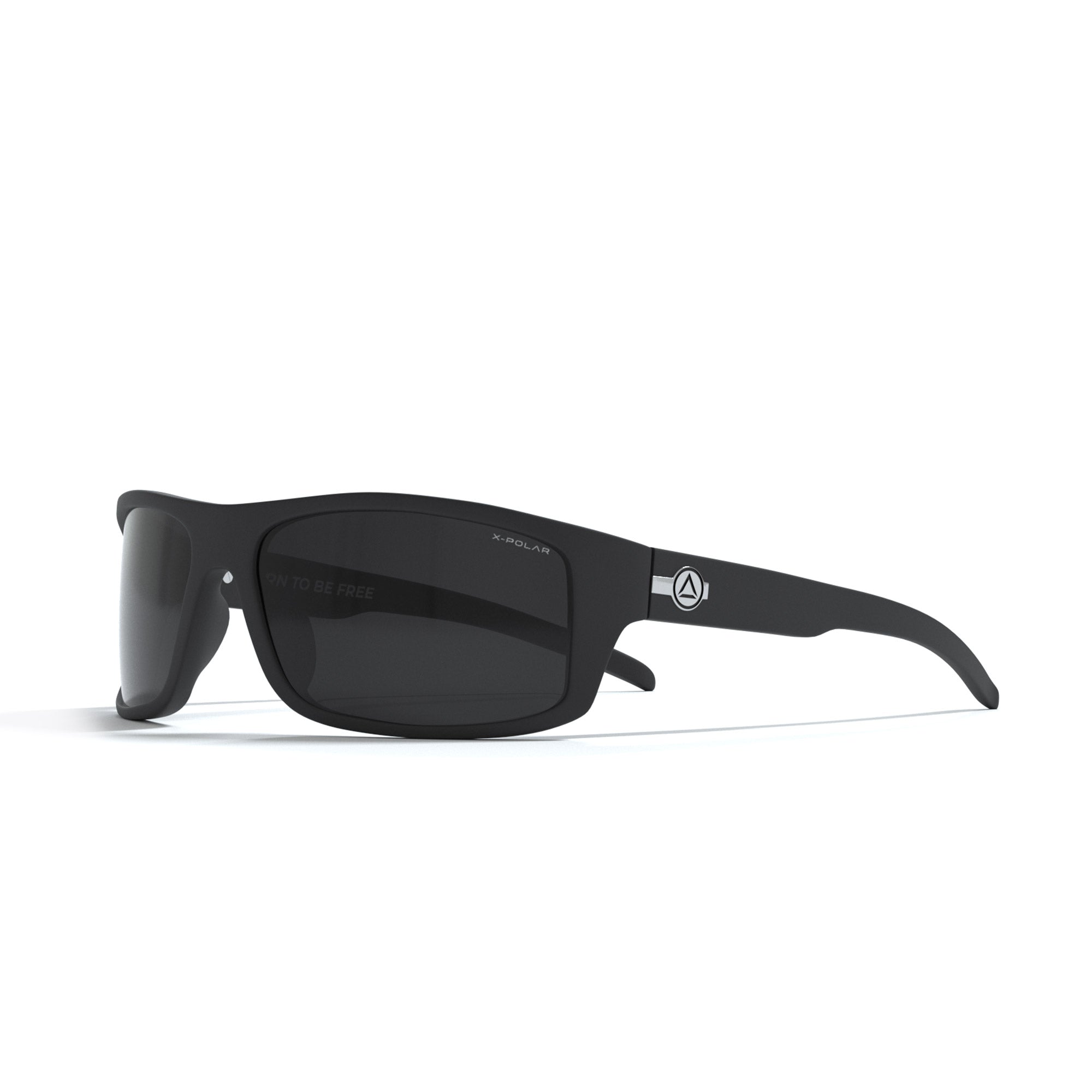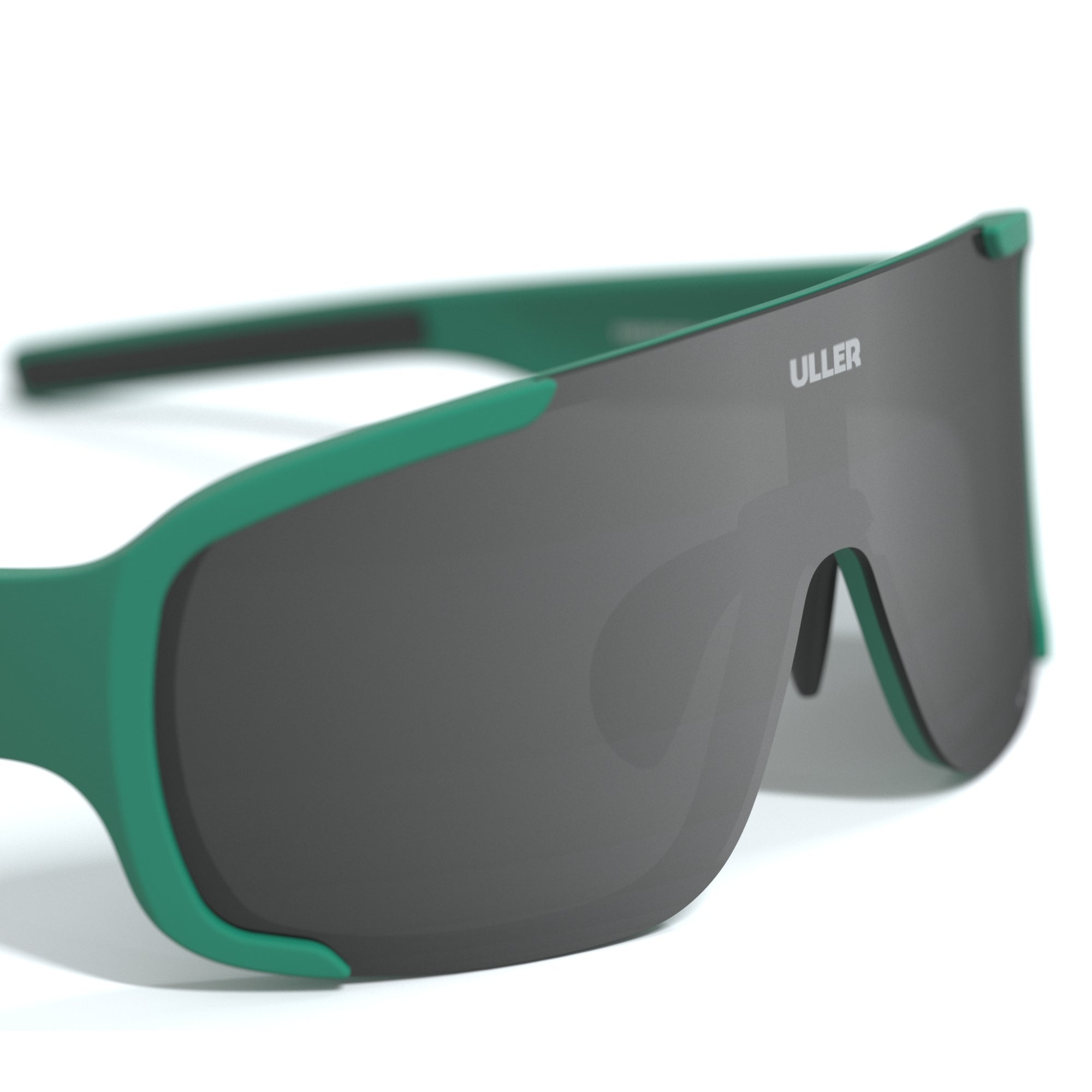There is no doubt about the quality and professionalism of the athletes with whom we are surprised at the great Olympics. However, we can only imagine a very small part of all the effort involved in being an elite athlete.
All athletes have a team of experts who accompany them and work in harmony, since the victory of an athlete does not depend only on him. A whole specialized team helps you reduce the risk to the maximum while maintaining the adrenaline. From psychologists, through nutritionists, physiotherapists to sports doctors.
They also undergo daily check-ups such as weight control, recovery from injuries, therapies for anxiety or fear of failure. All this leads us to think that not all training is physical, but that a muscle as important as the brain must be taken into account. Mental preparation is a key element in an athlete's career.
Negative thoughts and lack of motivation can lead them to lose a competition they have been working on for the last 4 years. This is the case of Olympic athletes, and that is why we ask ourselves: what is it like to train for such a long-term competition?

FOOD AND THE MIND
First of all, maintain a rigid and specific diet during the years of preparation. A good diet that will make our body have enough energy to overcome the marks. These are four key elements for an athlete's diet:
- Breakfast must be adequate and abundant.
- Avoid eating "anything" between meals.
- You should drink as much water as possible, even if you are not thirsty.
- Adequate rest since, although it is important to dedicate many hours to training without sleep time, they will be of no use.

WE ARE LIMITED BEINGS
There are speed limits for a cyclist or a runner despite the fact that world records are set every year. A professor at Edith Cowan University in Australia says that there is still a long way to go before we see the best athletes in history. The explanation given by the teacher is that technological innovation plays a fundamental role in breaking new records.
For example, this is the case of the progressive advancement of some shoes that have improved technology that has allowed human beings to be faster in races.
Despite this, having the perfect body, a rigorous training program or the latest shoes does not matter if your head is not focused on the day of the competition.
In the preparation of an Olympic athlete, everything is related. On the one hand, the sacrifice that involves spending four or five years preparing to be number one, with a high chance that you won't reach gold for a thousandth of a second. On the other, the importance of the athlete having mental strength that makes them see the full range of results, including defeat. That is why continuous monitoring by their personal psychologists of the athlete's mental health is important, as well as support that encourages them in moments of frustration or demotivation.

MENTAL TECHNIQUES FOR SPORTS PREPARATION
The mental health of an Olympic athlete is so important that an exhaustive analysis will be made of his individual weaknesses and strengths to develop a specific training program. Although each athlete is different on a mental level, there are a series of general techniques :
- Think about the objectives.
-Inner dialogue, that is, a conversation that the athlete has with himself that helps him to concentrate and control his emotions before competing.
- The imaginary, one of the most complicated strategies that consists of the athlete imagining from the beginning to the end all his journey and training, which will give him more confidence. In addition, you will also be able to imagine the various scenarios in the competition in order to give them the most appropriate response when it happens, including defeat.
- Finally, it will be important to remain calm before the competitions. Can you imagine the feeling of being about to compete in front of the entire planet? Techniques are used to control the pressure and that the nerves do not play a trick on you. The solution to these problems is long, deep breaths or inner conversations.

WHEN DO THE ATHLETE BEGIN TO SEE THE RESULTS?
The speed with which results are obtained depends on the individual personal problems of each athlete. According to some studies, problems derived from lack of confidence or concentration, can be improved more easily with results around six to eight weeks. On the other hand, others such as fear of failure or perfectionism require more time and dedication.
Despite this, sports psychology is not an exact science and there are many factors that can make this training not give the expected results. Sports are complex and unpredictable and therefore often uncontrollable. Although there will always be exceptions since it is rare that training, both physical and mental, does not translate into an improvement in competitions.
Research from the Journal of Sport Sciences confirms that most Olympians who make it to the podium have a high degree of self-confidence, can avoid distractions, control their arousal, and They maintain a surprising perfectionism.

MENTAL PREPARATION IN COUPLE SPORTS
It is true that there is a clear difference in preparation depending on whether it is an individual sport, as a couple or as a team. In the second case, we can see it in figure skating where a good relationship and harmony with your partner is essential. As an example of this we have Adrián Diaz and Olivia Smart who had to work on this chemistry between the couple in order to put on a good show at the 2022 Beijing Olympics

THE ATHLETES WITH GREATER MENTAL STRENGTH
Some examples of athletes who have great mental strength include Lance Armstrong in the world of cycling who has been a seven-time champion of the Tour de France, one of the toughest circuits. In tennis Roger Federer and Rafael Nadal have shown on several occasions that no matter how low they are on the scoreboard, they will always be able to turn it around. Finally, Kelly Slater world-winning surfer for six years in the Hawaiian Table or Surf and the youngest in history.
Monitoring an athlete's mental health is just as important both to achieve goals and not to become obsessed with the goal and to know how to withdraw if necessary.
This was the case with Simone Biles at the Tokyo 2020 Olympics, which she decided to drop out after making her lowest score. The gymnast stated, “After the performance I did, I just didn't want to continue.I have to focus on my mental health.” For Biles, his mental health is the priority and he prefers to safeguard it. In this way, in the face of the public, self-pity will overshadow their motivation to win. Withdrawal should always be an option for athletes of this stature because well-being will always be above gold. The US Gymnastics association conveyed its support for Biles in a statement saying, “We wholeheartedly support Simone's decision and applaud her courage in prioritizing her well-being.His bravery shows, once again, why he is a role model for so many.” In fact, rhythmic gymnastics was one of the first sports that began to have psychologists in the 90s because many gymnasts had to assume responsibilities at a very young age, since they reach the senior category at 16 years old.
According to the coach of the women's artistic gymnastics team, Lucía Guisado: "the athlete's growth is based on several columns: physical, technique, rest and mental aspect".

WHY EXERCISE THE MIND IN SPORTS?
There are more and more cases of athletes seeking professional help regarding mental health and sports psychology. Many specialists think this may be due to increased attention on social media or higher expectations from sponsors, the press and governing bodies. A more positive view of this increase is also the progressive awareness work that is being done in relation to mental health and its immediate support.
It must also be taken into account that today the sport is experiencing a period of maximum professionalism and demand. Sometimes there are not a few differences between one team and another, so mental preparation can be the advantage that is later noticed in the results.
Sports psychology has become a key element in recent years for elite athletes who are more concerned with their mental state than with collecting trophies. Without it, many athletes would have stopped doing what is a passion for them as a result of the pressure and stress suffered in competitions such as the Olympic Games.

QUESTIONS AND ANSWERS
- WHAT ARE THE KEYS TO THE PHYSICAL PREPARATION OF AN OLYMPIC ATHLETE?
The keys to the physical preparation of an Olympic athlete begin with having a multidisciplinary team with which they prepare, made up of psychologists, nutritionists, physiotherapists and sports doctors who collaborate in harmony. Secondly, the pre-training and some competitions that take place before the games where they have the opportunity to measure themselves against other competitors. On the other hand, adapt the diet to specific needs. Finally, preparation for the environment, that is, moving one season before the games to the country that is going to host the competition to get used to the climate.
- WHAT ARE THE MENTAL SKILLS OF AN ATHLETE?
The mental abilities of an athlete who must have before participating in any competition are:
- Motivation.
- Concentration, focus of attention.
- Intelligence, ability to adapt and satisfactorily resolve new situations.
- Control of the situation.
- Relaxation under pressure.
- Adequate energy level.
- Self-confidence.
- WHAT IS MENTAL STRENGTH?
Mental strength is one of the most important and necessary requirements in any sporting activity. Without it it is impossible to talk about a successful athlete despite his good physical preparation. Mental strength is made up of various factors such as self-esteem, self-confidence, tolerance for frustration and perseverance. Although they also have fun and the management of emotions and thoughts.








